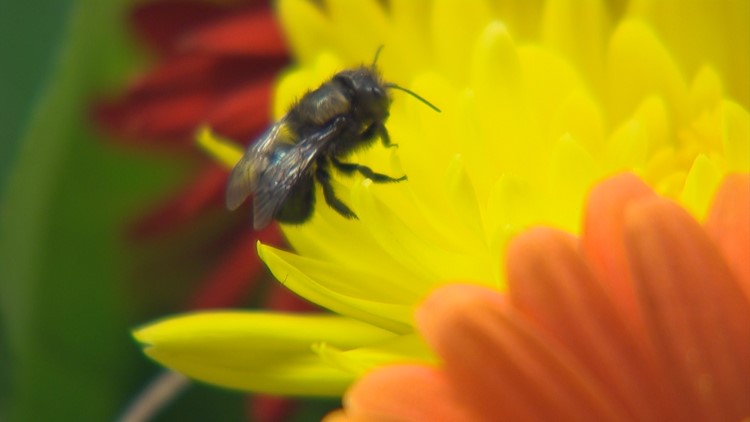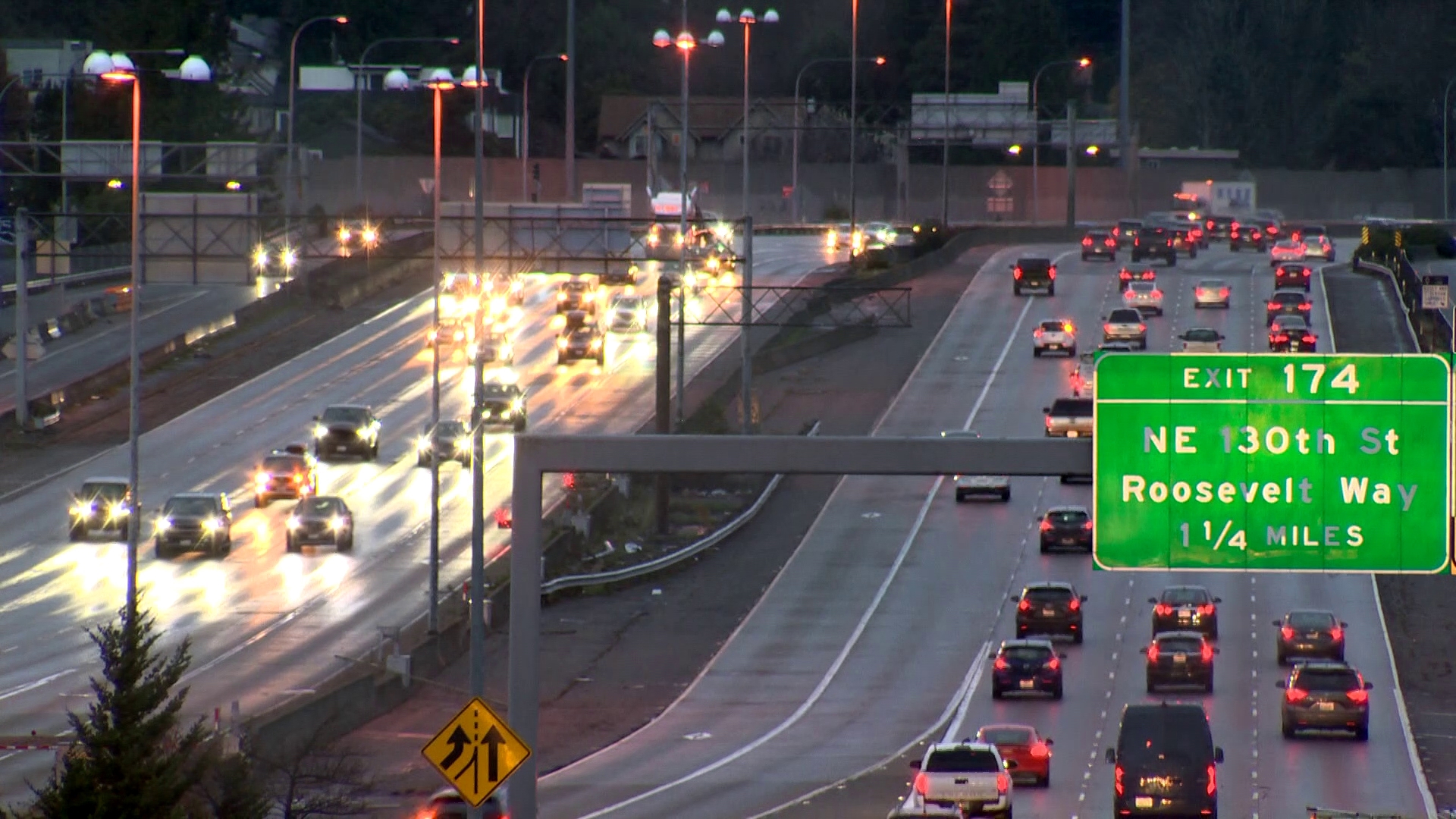A Woodinville beekeeper is on a mission to save the world's food supply one bee at a time; but not just any bee -- mason bees.
Mason bees are super pollinators that are up to 100 times more effective than honey bees, whose colonies are collapsing.
"It takes about 400 mason bees to pollinate one acre," said Dave Hunter. "It takes about 30,000 honey bees. Mason bees and bees like this are the future of our food supply."
Hunter owns Woodinville's Crown Bees, and he's inviting you to become part of his court.
"Crown Bees is a bee company, but we're actually a food company masquerading as a bee company," he said.
Crown Bees sells backyard mason bee incubators kits. Nesting holes are filled with cocoons that hatch and release bees. Those bees then return to lay more eggs, and the cycle continues.
Here's what's unique.
You can keep your cocoons or sell them back to Crown. At that point, they are shipped, fully loaded with eggs, to farms across North America to augment dwindling bee populations and grow more food more efficiently.
"It's all about getting more food," said Hunter. "We think worldwide we can get 25-percent more food for the globe just by using those native bees."
Unlike honey bees, mason bees are docile and rarely sting. When they do, Hunter says they do not induce anaphylactic shock.
Crown puts about 500,000 mason bees into the environment every year in a system that needs about 1.5 billion.
But with every cocoon that hatches and every plant that's pollinated, Dave Hunter sees the movement spreading and flowering.



